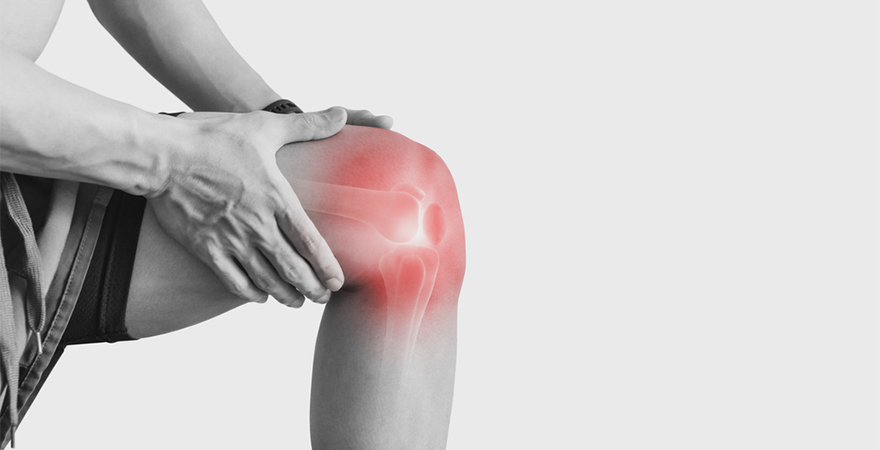Synergex Med
May 8, 2024
The genicular nerve plays a vital role in the human body by innervating the knee and transmitting pain signals.
Understanding its anatomy, function, and possible pathologies offers valuable insights for both clinicians and patients.
Let’s dive into the fascinating world of the genicular nerve and uncover its complexities.
Let’s see our topics for the blog!
Anatomy and Function
To begin with, the genicular nerve stems from the femoral and tibial nerves, providing sensory innervation to the knee joint.
This nerve transmits pain signals from the knee to the brain, allowing individuals to perceive discomfort and protect the joint.
Different branches of the genicular nerve innervate various regions of the knee, making it crucial for the knee’s overall sensory function.

Common Pathologies
As you explore further, genicular nerve issues may arise due to injury, inflammation, or degenerative conditions such as osteoarthritis. Let’s take a closer look at some common pathologies affecting the genicular nerve:
- Neuropathy: Damage to the nerve leads to neuropathy, causing pain, numbness, or tingling around the knee.
- Nerve Entrapment: Compression or entrapment of the genicular nerve causes sharp, shooting pain or reduced sensation in the knee.
- Knee Injuries: Trauma to the knee, such as ligament tears or fractures, can also impact the genicular nerve.
Diagnostic Techniques
As we move forward, diagnosing genicular nerve issues requires a thorough clinical examination and advanced imaging techniques. Let’s explore some of the most common diagnostic methods:
- Physical Examination: Clinicians assess the patient’s range of motion, strength, and sensation in the knee.
- Nerve Conduction Studies: These tests measure the speed and strength of electrical signals traveling through the genicular nerve.
- Imaging: MRI or ultrasound visualizes the nerve and surrounding structures, helping to identify abnormalities.
Treatment Options
Let’s now turn our attention to the various treatment options available for managing genicular nerve issues:
- Genicular Nerve Block: Injecting a local anesthetic around the genicular nerve effectively relieves pain.
- Radiofrequency Ablation: This minimally invasive procedure uses heat to disrupt the nerve’s ability to transmit pain signals.
- Physical Therapy: A tailored exercise program can improve knee strength and mobility while reducing pain.
- Medications: Pain relievers and anti-inflammatory drugs manage symptoms effectively.
- Surgical Intervention: In severe cases, surgery may address underlying issues affecting the genicular nerve.

As we reach the end of our journey, the genicular nerve’s importance in sensory function becomes clear.
Understanding its anatomy, pathologies, and treatment options is crucial for managing knee-related pain and discomfort.
Continuous research promises new advancements in genicular nerve treatments, improving patient outcomes and enhancing quality of life.
Whether you’re a patient or a healthcare provider, staying informed about the genicular nerve empowers you to make better decisions regarding knee health.

At Synergex Med, we are committed to providing the most up-to-date care and treatments for conditions involving the genicular nerve.
Our team of experts stays abreast of the latest research and techniques to offer patients the best possible outcomes.
Trust Synergex Med for comprehensive and personalized care that prioritizes your health and well-being.


